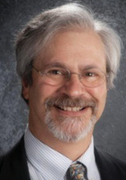
One of the hallmarks of Reform Judaism has been its creativity, its willingness to revise traditional prayer language to better express our beliefs. Judaism is an evolving faith, and it is no surprise that sometimes our beliefs differ from the language of prayers spoken by our ancestors.
And yet, creativity is not unidirectional. Sometimes, old words speak to us in new ways. We find that they resonate with us, not necessarily the way they did with our ancestors, but powerfully, nonetheless.
Mishkan Hanefesh, the new Reform High Holy Day prayer book, restores traditional language in a number of places. One of the most interesting of these is messianic language.
We Jews have a hard time with messianic language. We have difficulty distinguishing it from Christian concepts of the messiah. Of course, Christianity originally got those concepts from Judaism, and though they took on an entirely unique form in Christian belief, the hope for a messianic age is intrinsic to the teachings of the Prophets.
Messianism emerges during the Babylonian Exile in the 6th century BCE. It was a hope for restoration to the land of Israel, the ingathering of the exiles, and a return to political sovereignty. The symbol of political sovereignty, self-rule, was that we would be governed by our own king, and not a foreign king. To the Jews in exile, that meant a rightful descendant of King David, whose dynasty was the last vestige of political autonomy.
Messianism was not understood by the prophets as something supernatural, but rather as something quite this-worldly. The heir to the throne of David was always meant to be a real live person, not a supernatural being. Nor did the prophets envision resurrection of the dead when the messiah returned to the throne; they envisioned resurrection of the nation.
Leap forward to the 19th century and the early Reform movement. The notion of being ruled by a king was as far from their sense of modern democratic society as one could imagine. Nor did the early Reformers particularly desire an "ingathering of the exiles;" they preferred achieving civil rights and justice in the lands in which they resided.
As a result, all the language about the messiah was removed from previous editions of Reform prayer books. It just didn't speak to their world view.
Leap forward again to the 21st century. Mishkan Tefilah restores messianic language in several places you might not notice. Early Reformers took the literal meaning of prayer language seriously. In this post-modern age, we are much more inclined to read prayer language as evocative, a poetic expression of our deepest longings. If ancient words give those longings form, it does not mean that we consider ourselves bound by their literal meaning.
Take, for example, these words from the Amidah for Yom Kippur: "May the sparks of David, Your servant, soon grow bright enough for us to see-a beam of light in the darkness, a promise of perfection." Traditional words, "the sparks of David, Your servant," yet the hope is not for a return to monarchy, but rather that the world might be set right again, its current broken state repaired.
Similarly, the traditional words of the closing hymn Yigdal have been restored: "Yishlach l'keitz yamin m'shicheinu," "At the End of Days there will come an era of redemption; for those who await deliverance, a messianic age."
Judaism is a religion that looks forward to the future, that believes in the possibility of redemption for the world. Were it not for that belief, our good deeds would not amount to anything. It is our commitment to moving the world toward the messianic age that is one of the powerful themes of these High Holy Days.
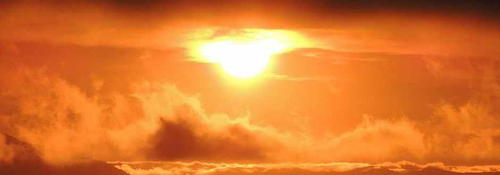
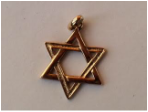
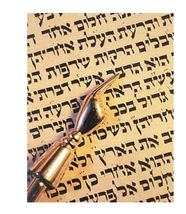
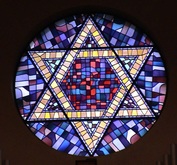
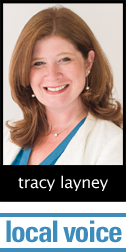
 RSS Feed
RSS Feed